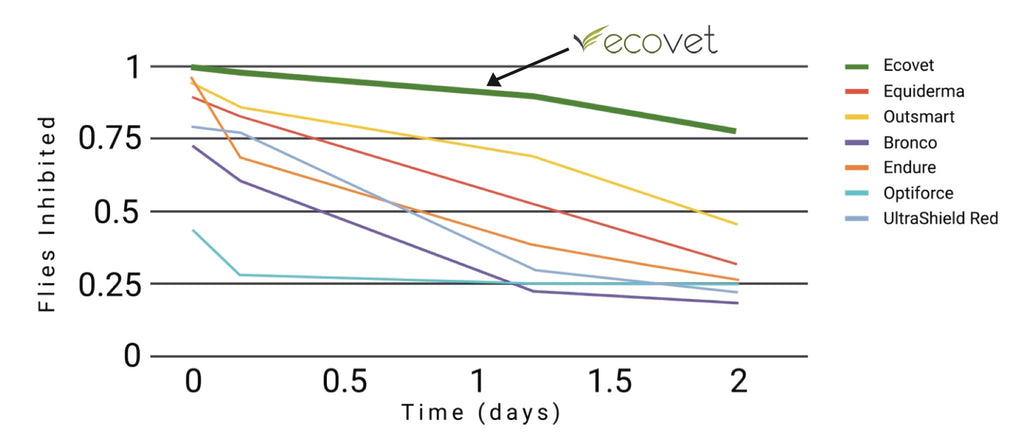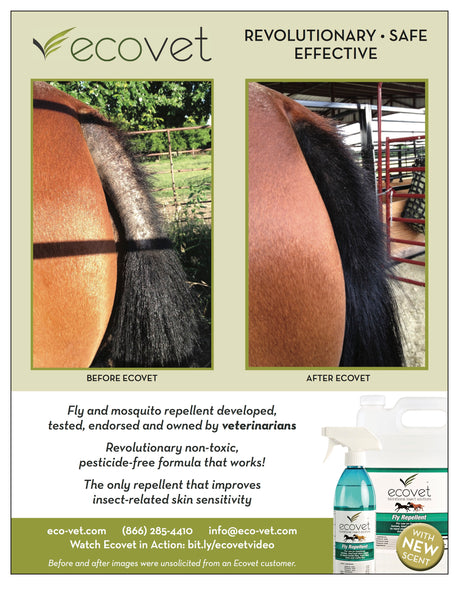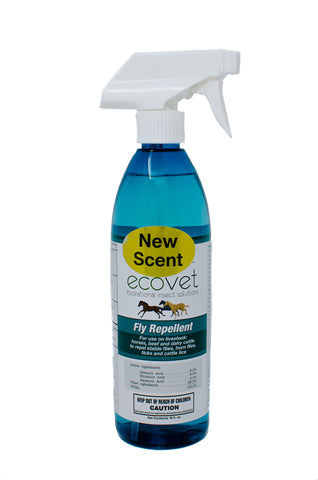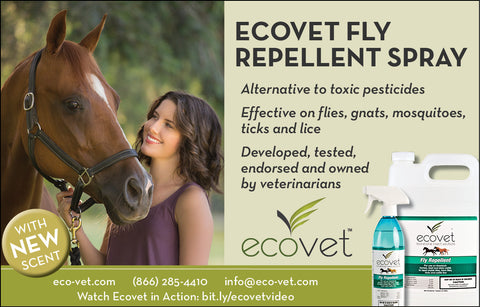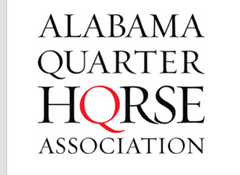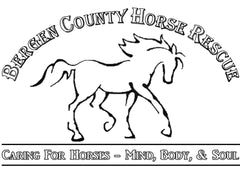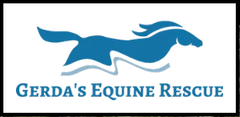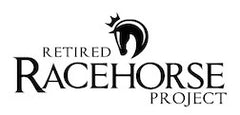COVID-19 and Animals
From Dr. Tim John, a veterinarian and Ecovet founder:
As a practicing veterinarian in the Seattle area, one of the questions I am getting a lot these days is "Are my pets going to give me COVID-19?" And it is an understandable and good question.
To the best of our knowledge, the answer is it is extremely unlikely.
Some of you may have heard about the dogs testing positive in Hong Kong for the virus. It is true that they did isolate the virus from the nasal cavity of two dogs. Here’s where the question gets a little trickier: The original dog was diagnosed with PCR (polymerase chain reaction). This methodology is extremely sensitive to picking up RNA strands of the virus and can detect the presence of even the smallest amount of the virus. Unfortunately, PCR cannot tell if the virus is dead or alive. The question is whether the dog was infected or if the dog happened to be carrying the virus on his nose or around it. However, he was tested multiple times over a few days so it is unlikely that is was contamination from stray virus particles. There is a strong possibility then that in rare circumstances, dogs can be infected, but there is no evidence that they will become sick with this disease. In fact, Idexx Labs, a national veterinary laboratory, did blood tests on a variety of dogs and cats and they did not show any of them mounting an immune response to COVID-19 – they did not seroconvert. This could mean that either they do not convert or that they were not exposed.
So what species can be infected? We are not sure, as there has been conflicting evidence. Some is based on work from the SARS virus, which is structurally closely related. Humans, cats, ferrets and pigs are predicted to be the most susceptible. Recently, a cat from Belgium was diagnosed with COVID-19. The cat’s signs were vomiting, diarrhea and respiratory issues. The virus was detected in the stool, but we do not know what test was done to diagnose this cat. The virus is usually shed in respiratory secretions but can be shed in the stool also.
An even harder question to answer is “What is the difference in being infected vs. being infectious?” Likely, there is an amount of virus that needs to be shed from an animal to be truly infectious to another animal or person. Again, there is no evidence now that the virus is shed in high enough numbers to be infectious to people or other animals.
So what do we need to be concerned about? As with spread from other methods, the biggest threat is from virus being carried on a pet's coat from an infected person. Treat this threat as you would any surface: Wash your hands and don’t touch your face.
So there it is. Clear as mud but, using reasonable precautions, we should all be safe from this form of transmission. I’ll keep my ears open for more details as they become available. I’ll also be enjoying our farm full of animals as I always do.

